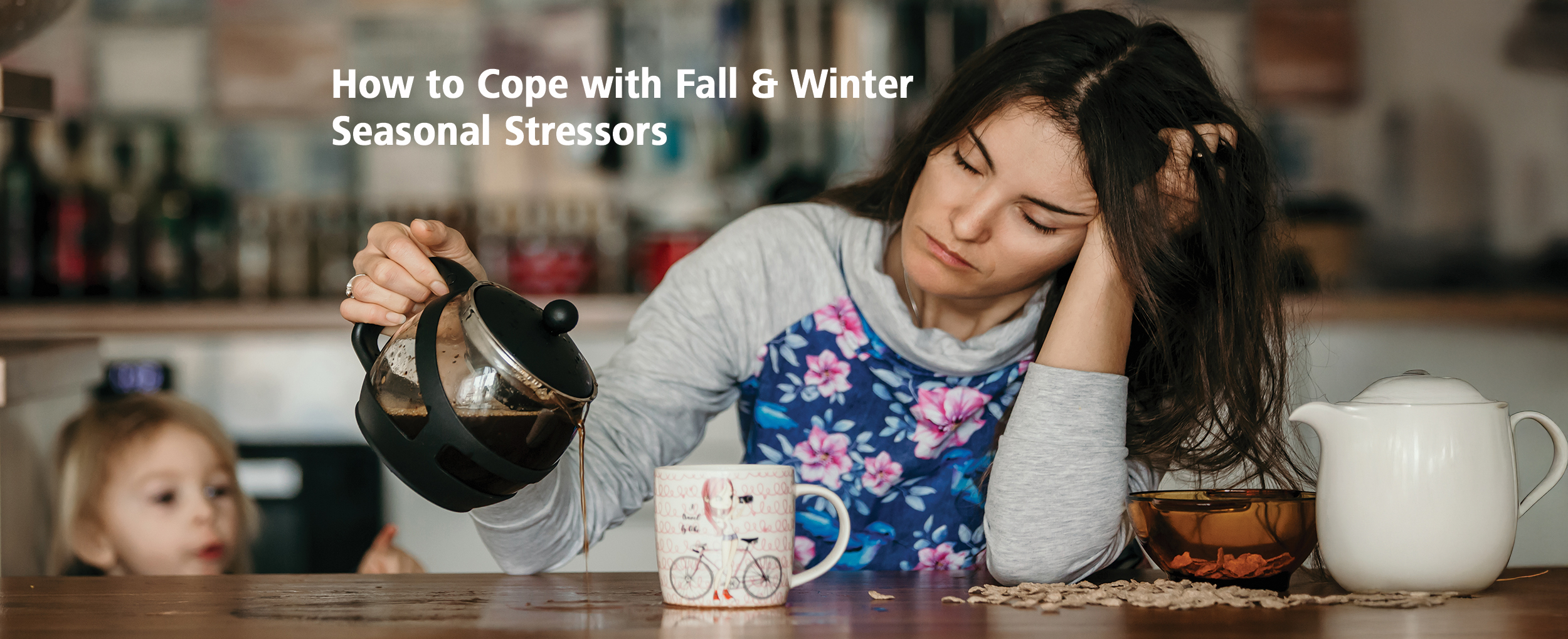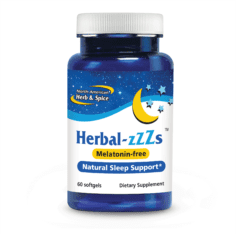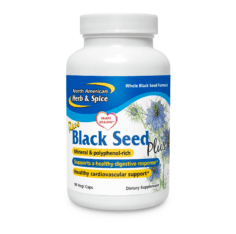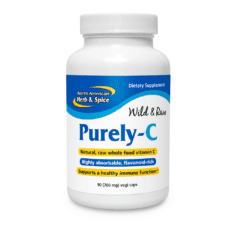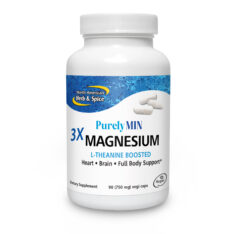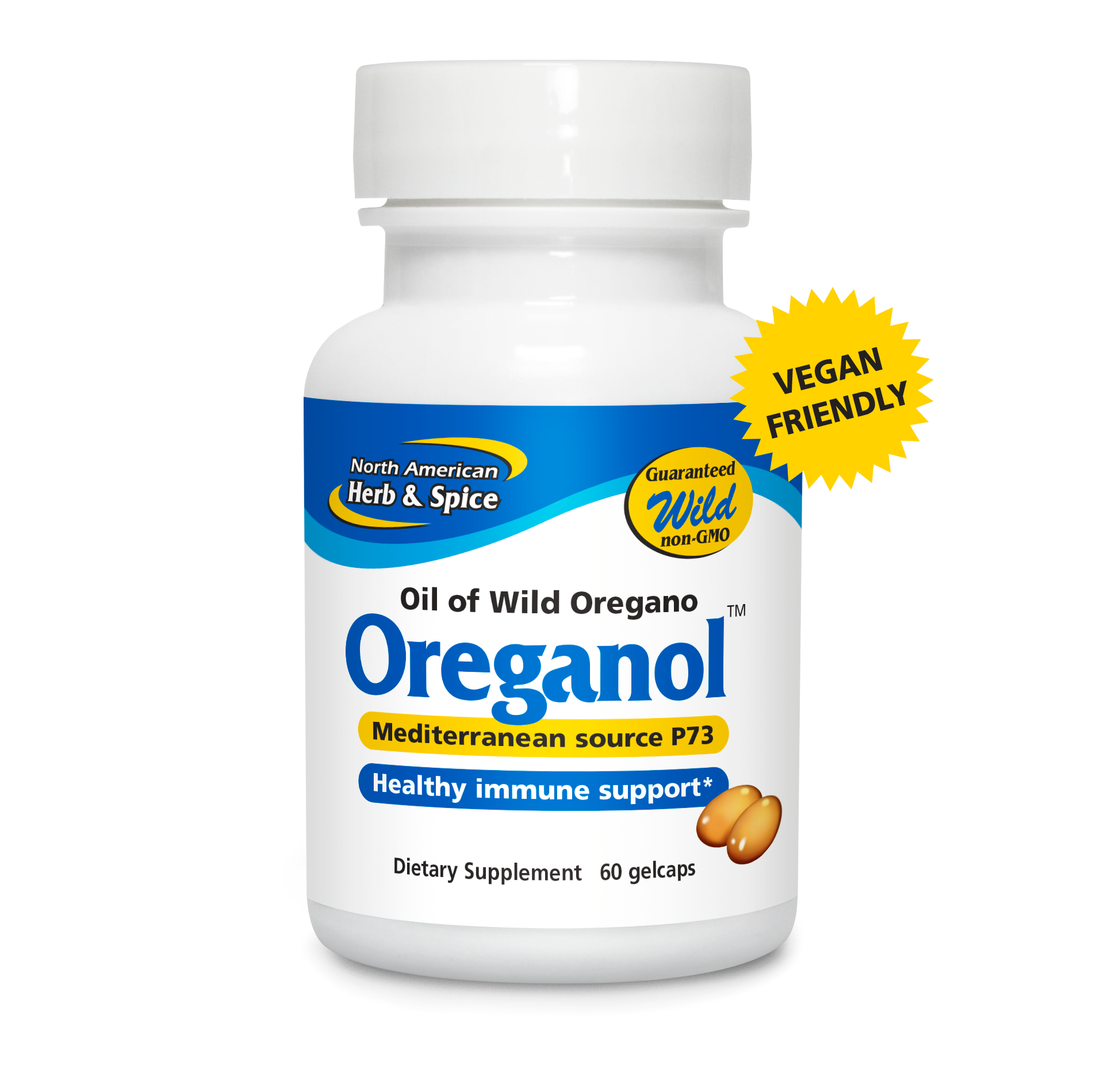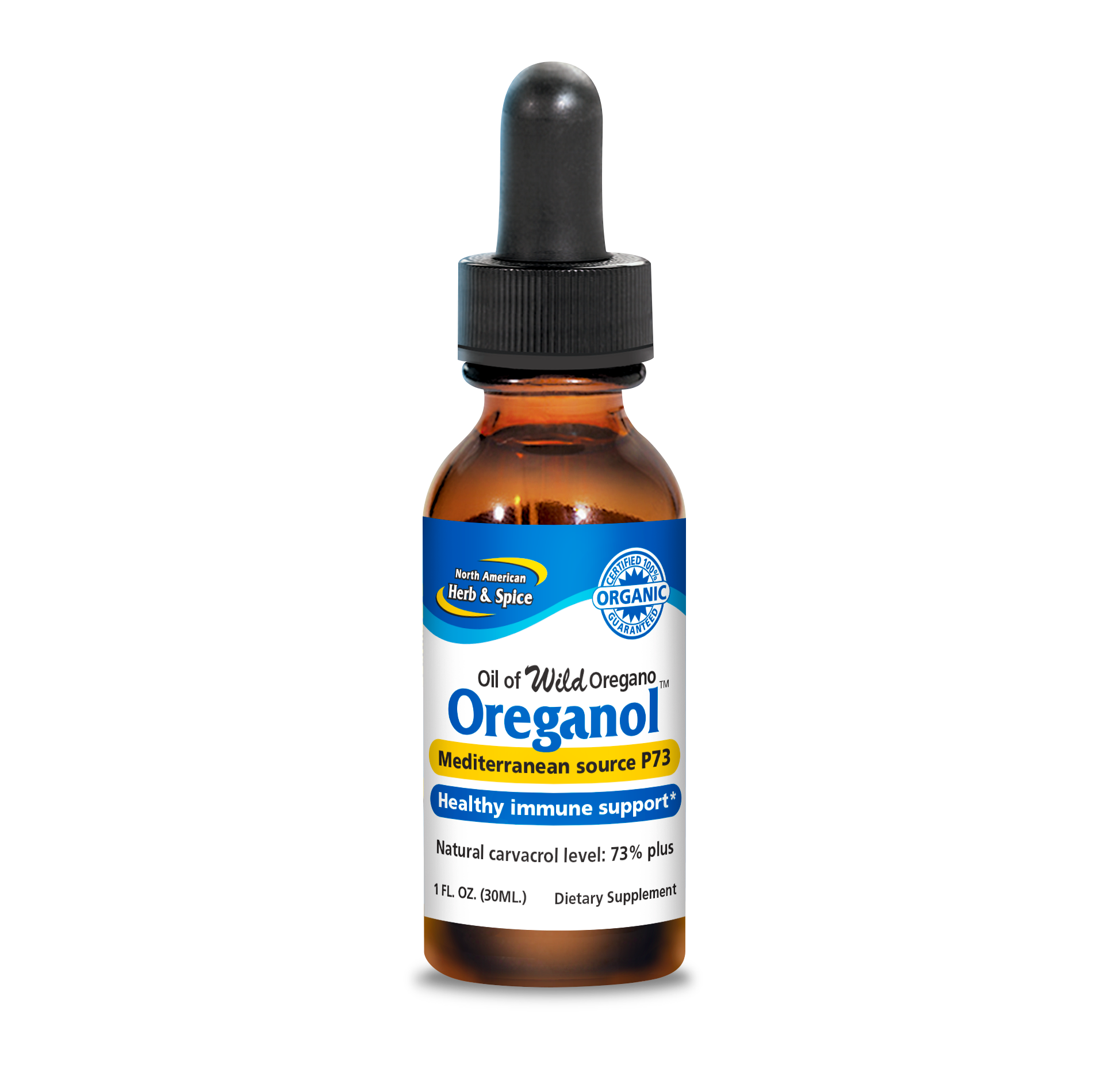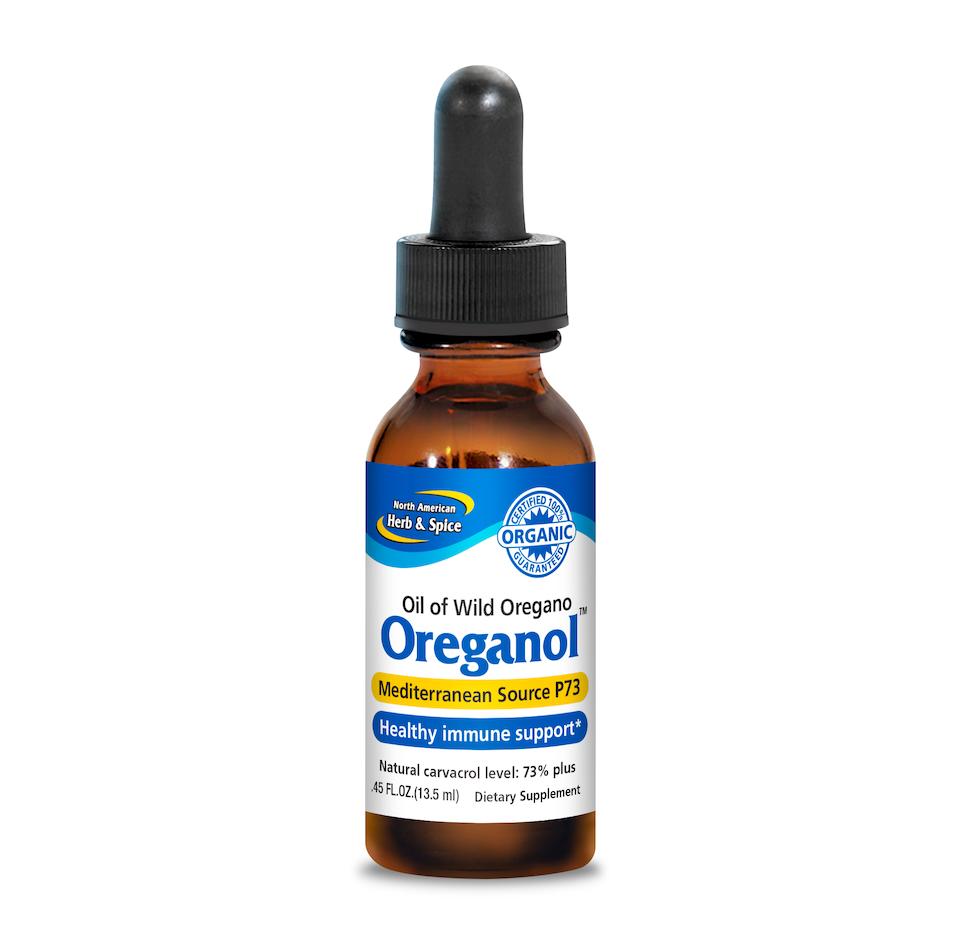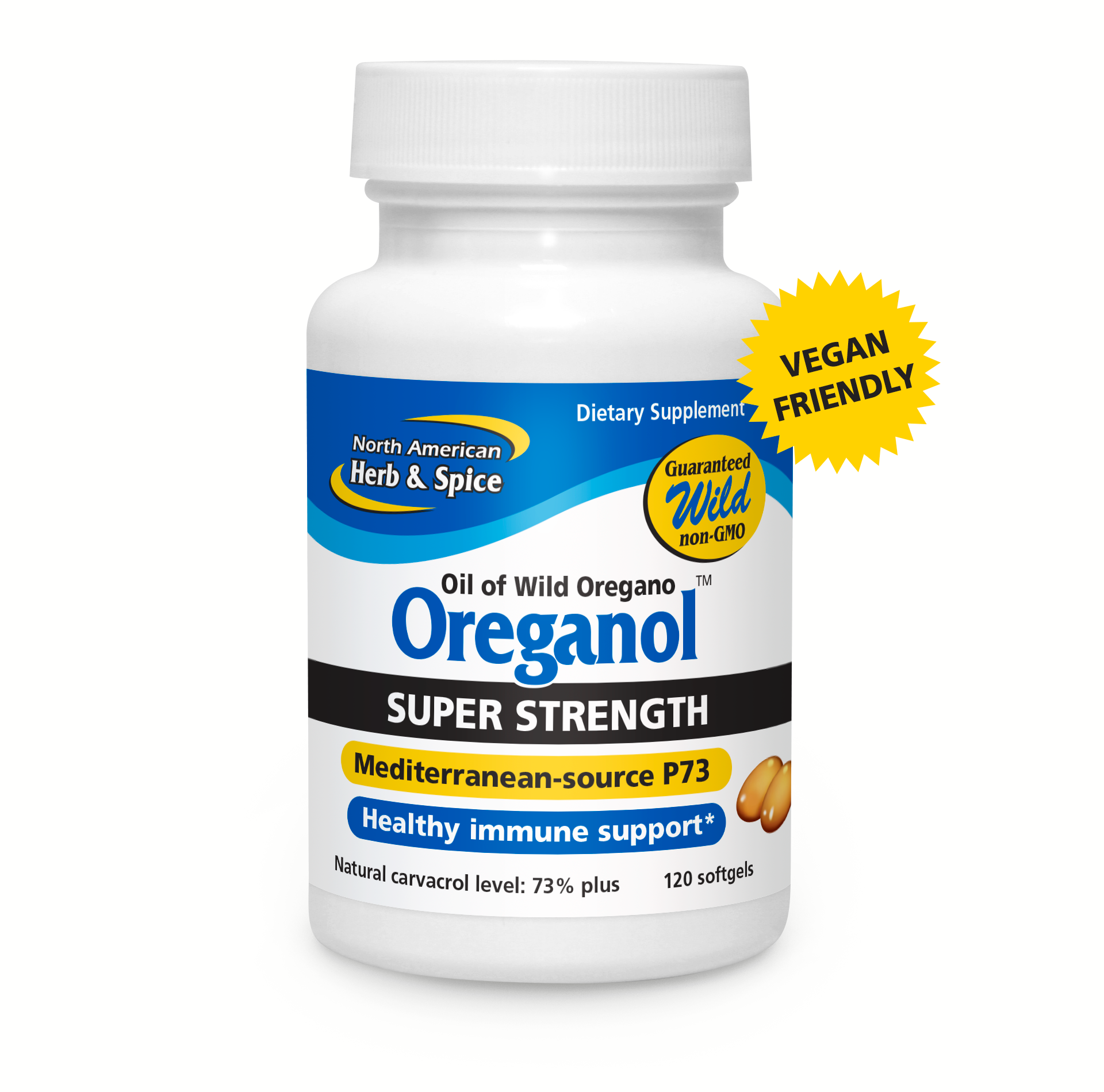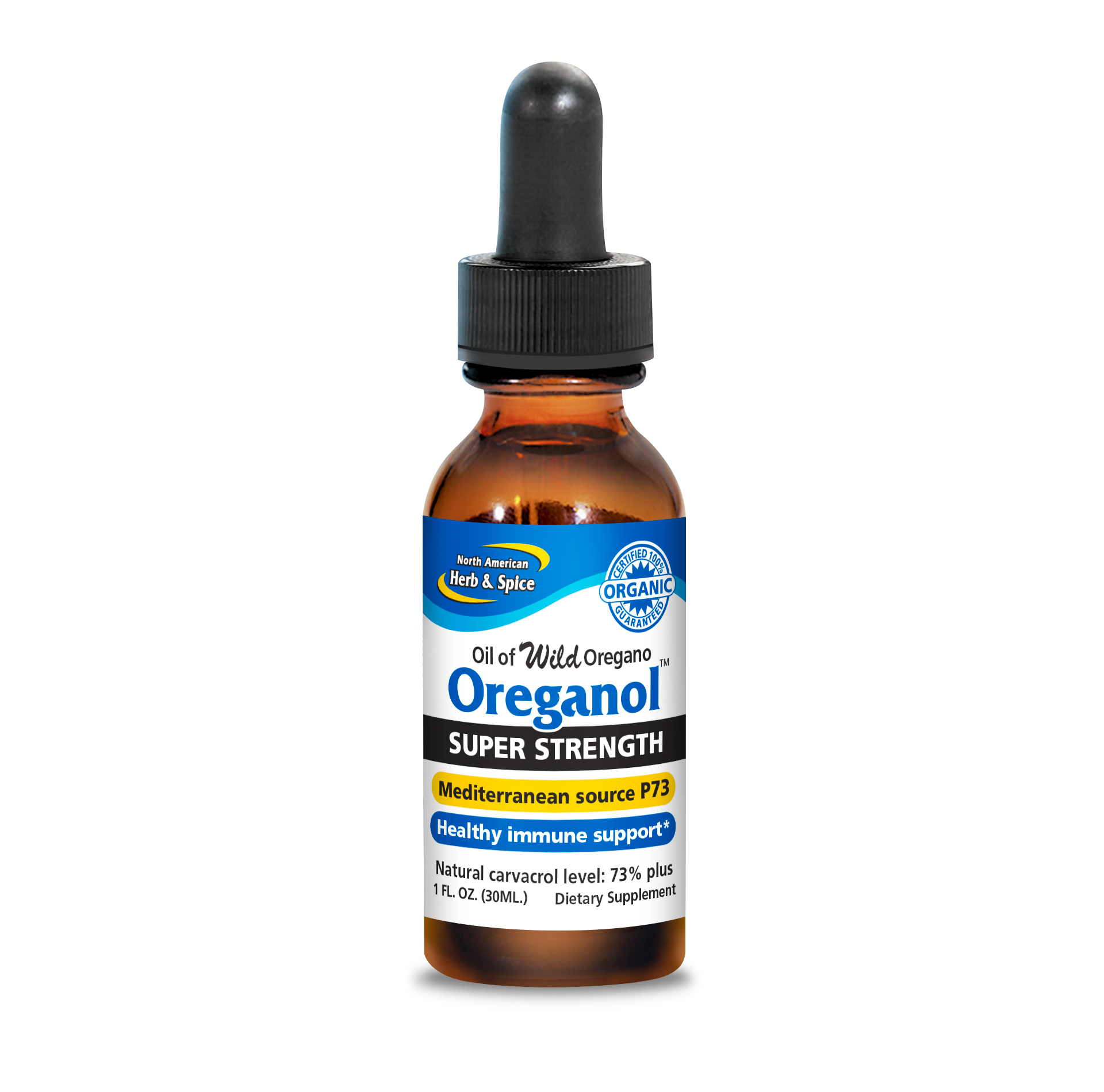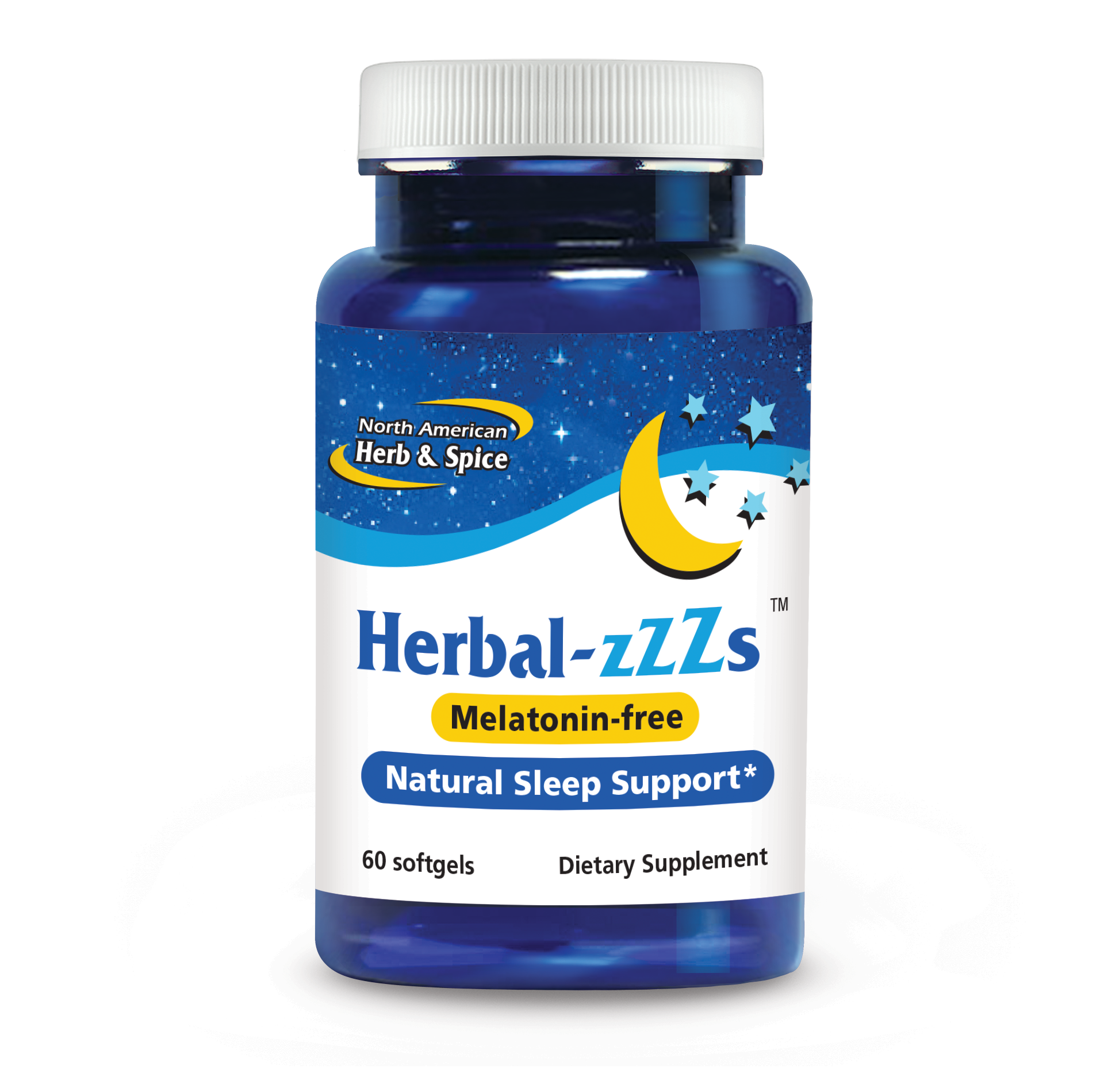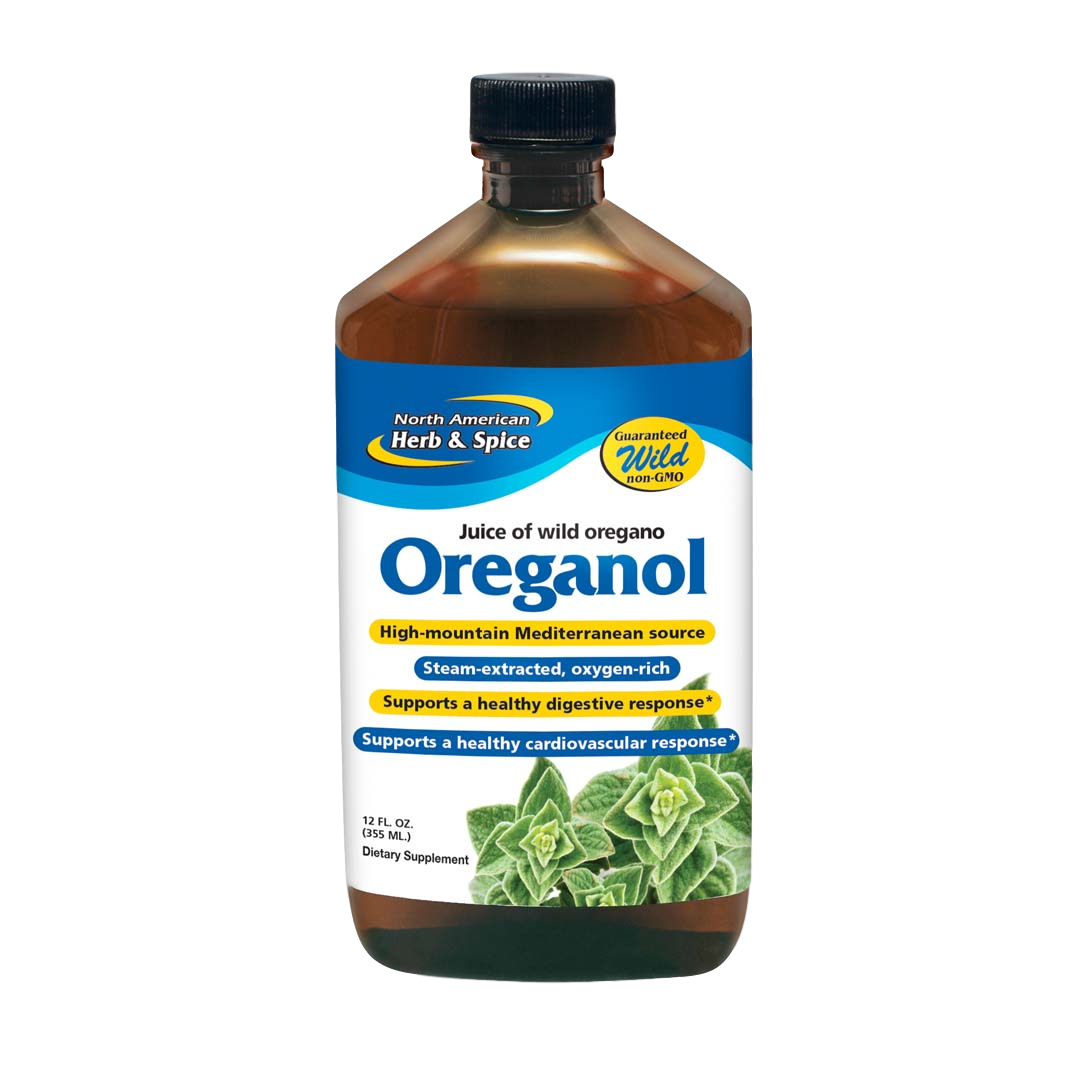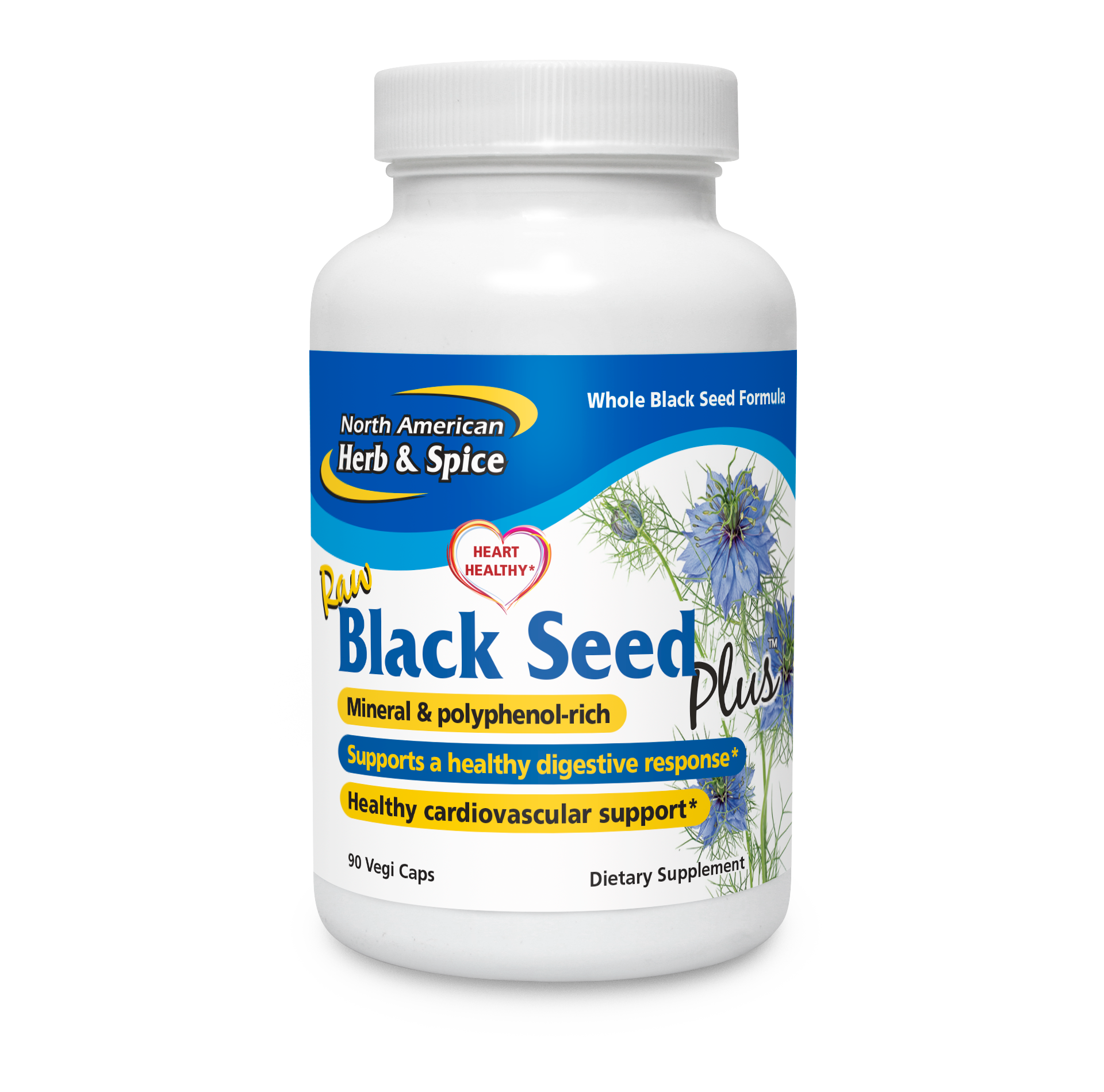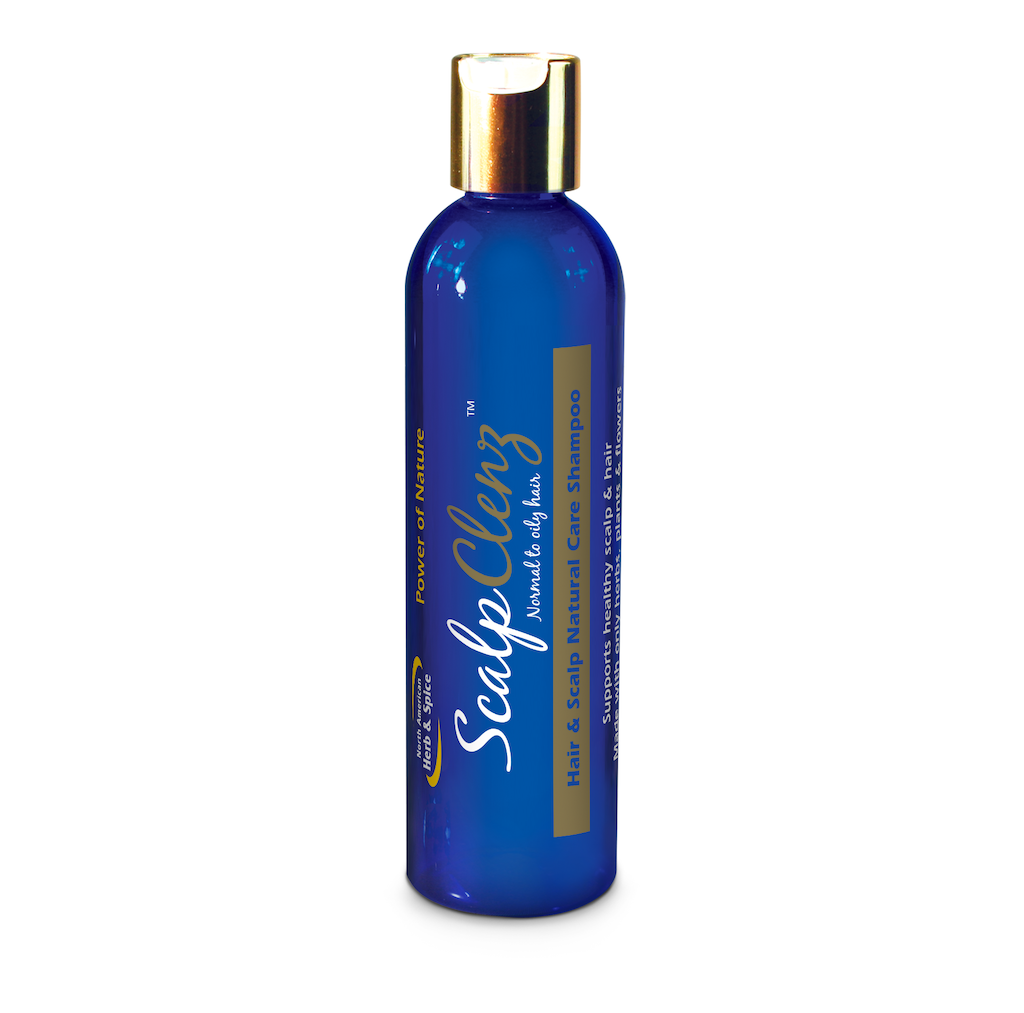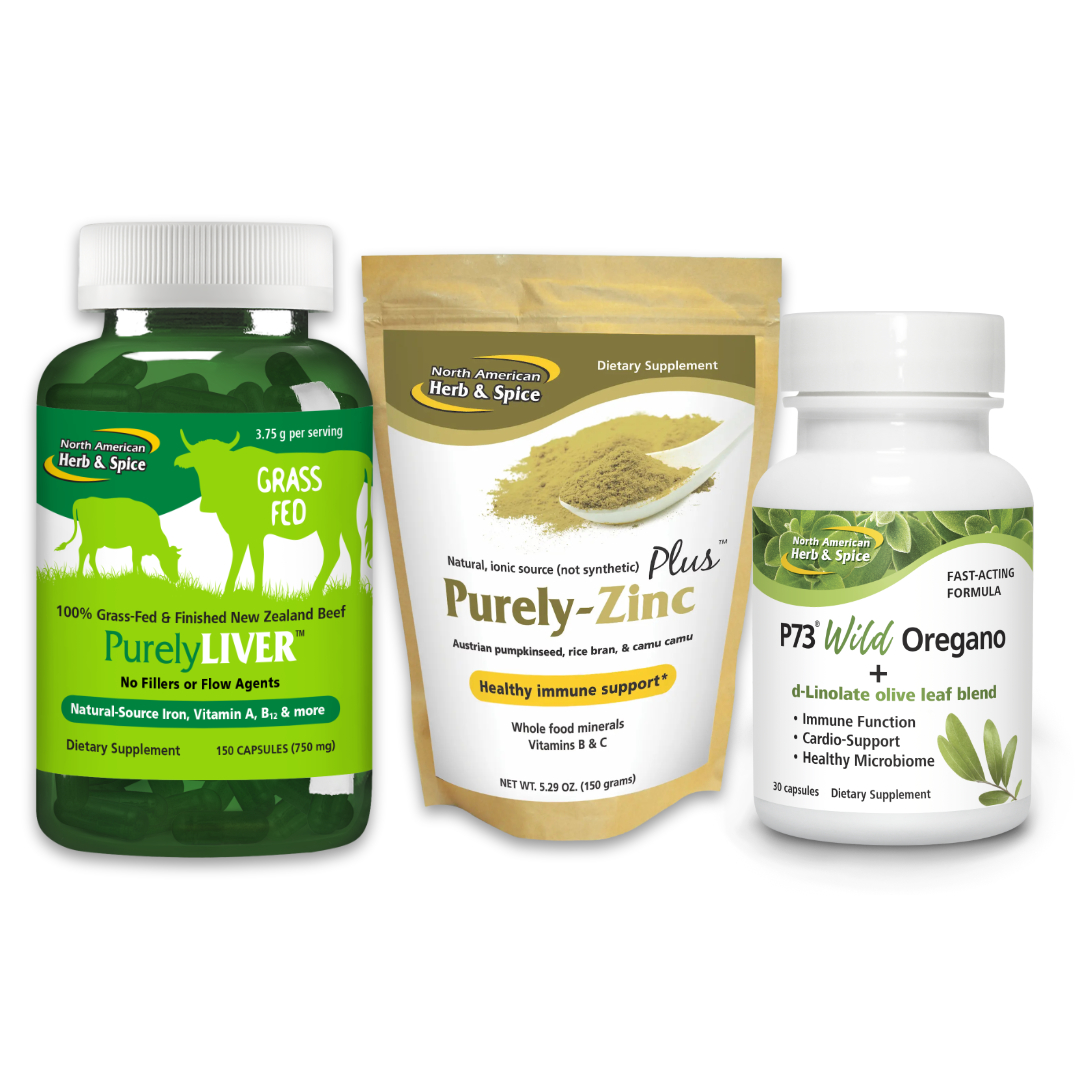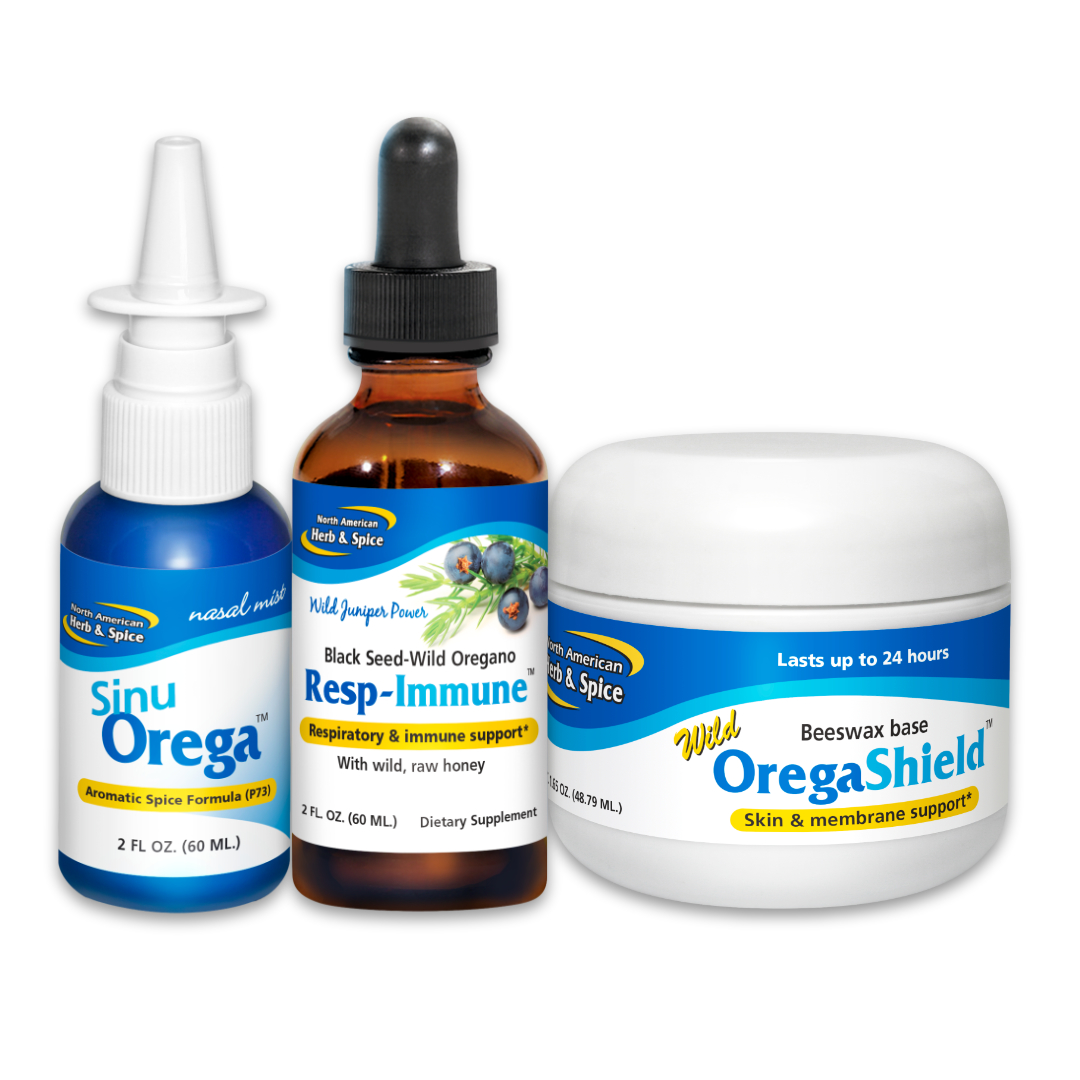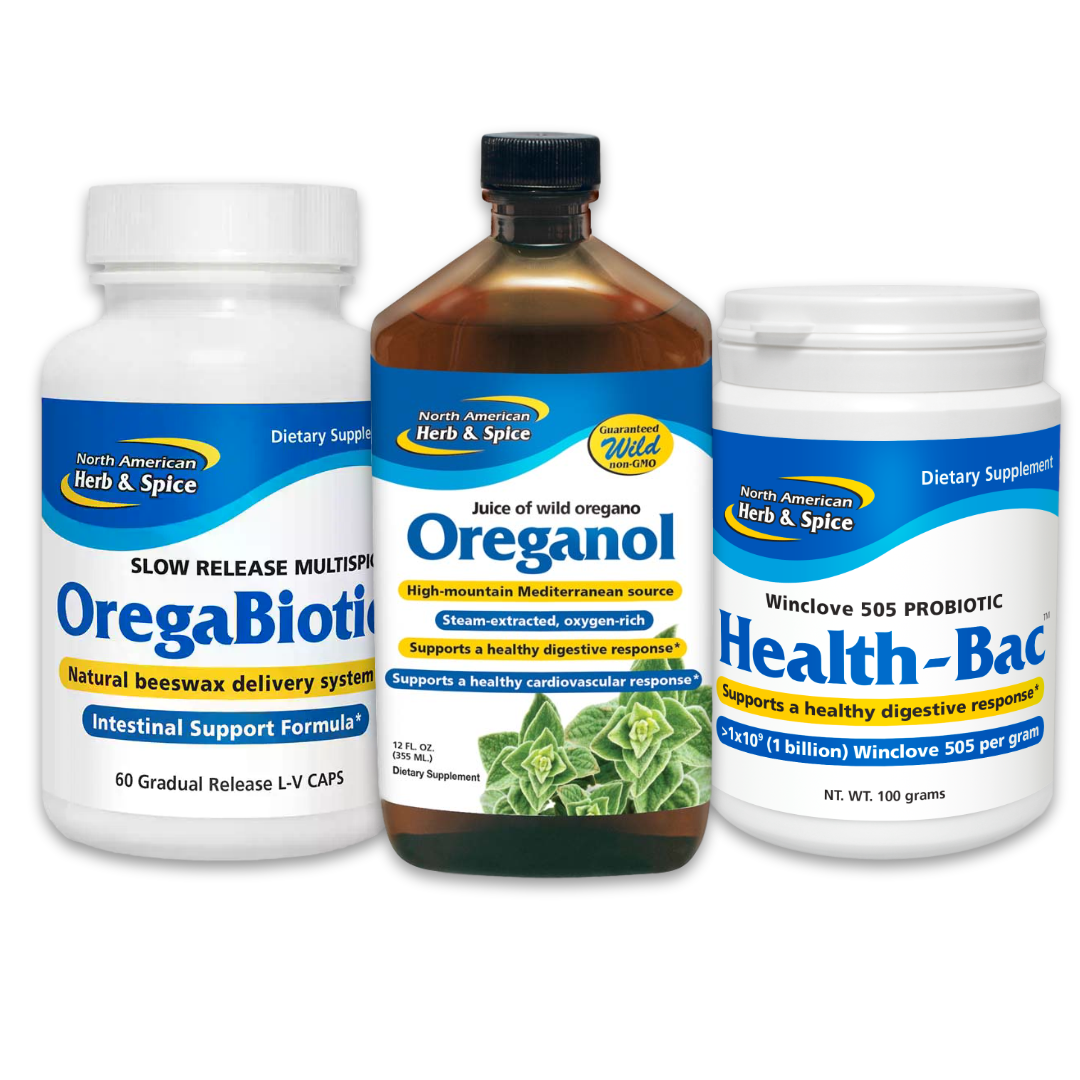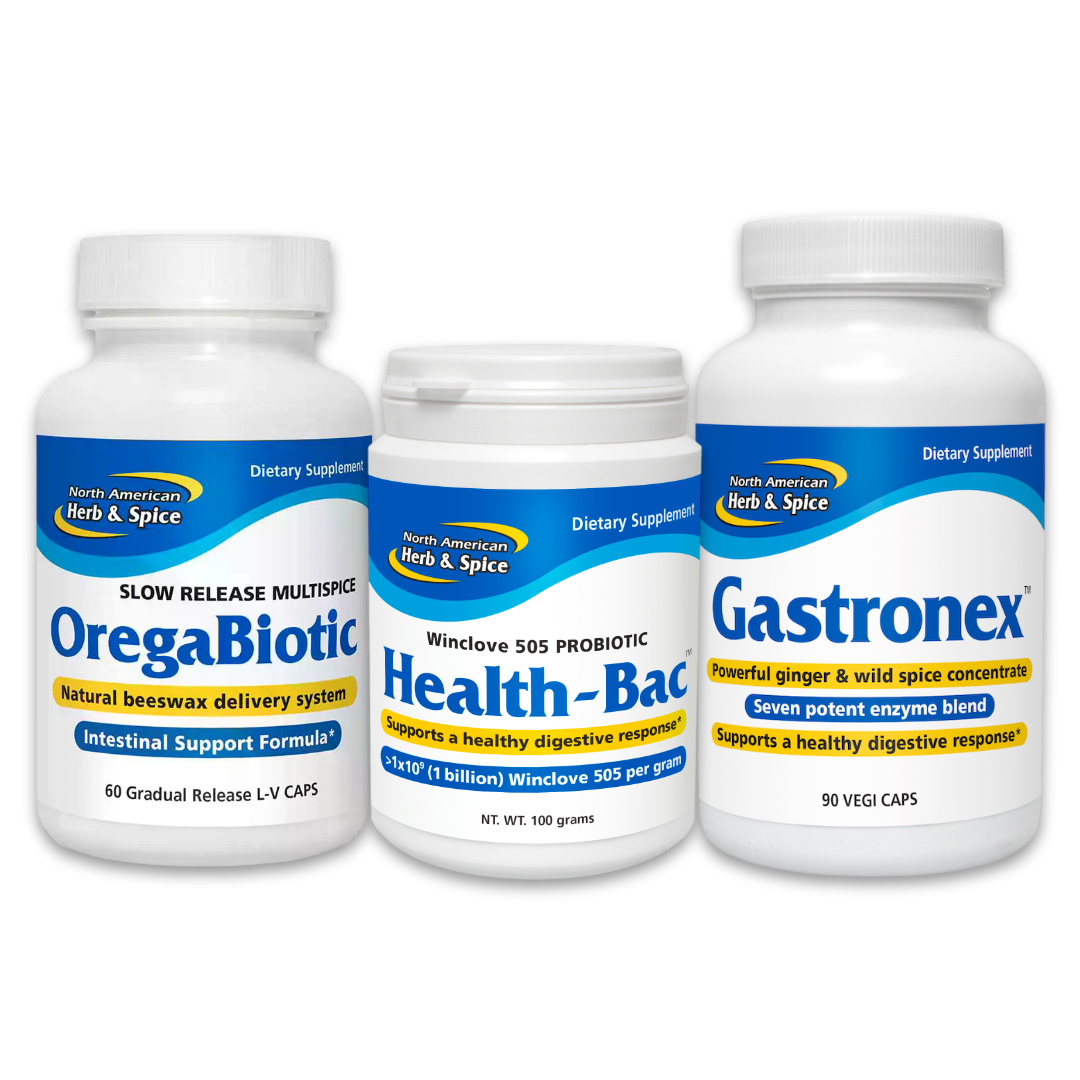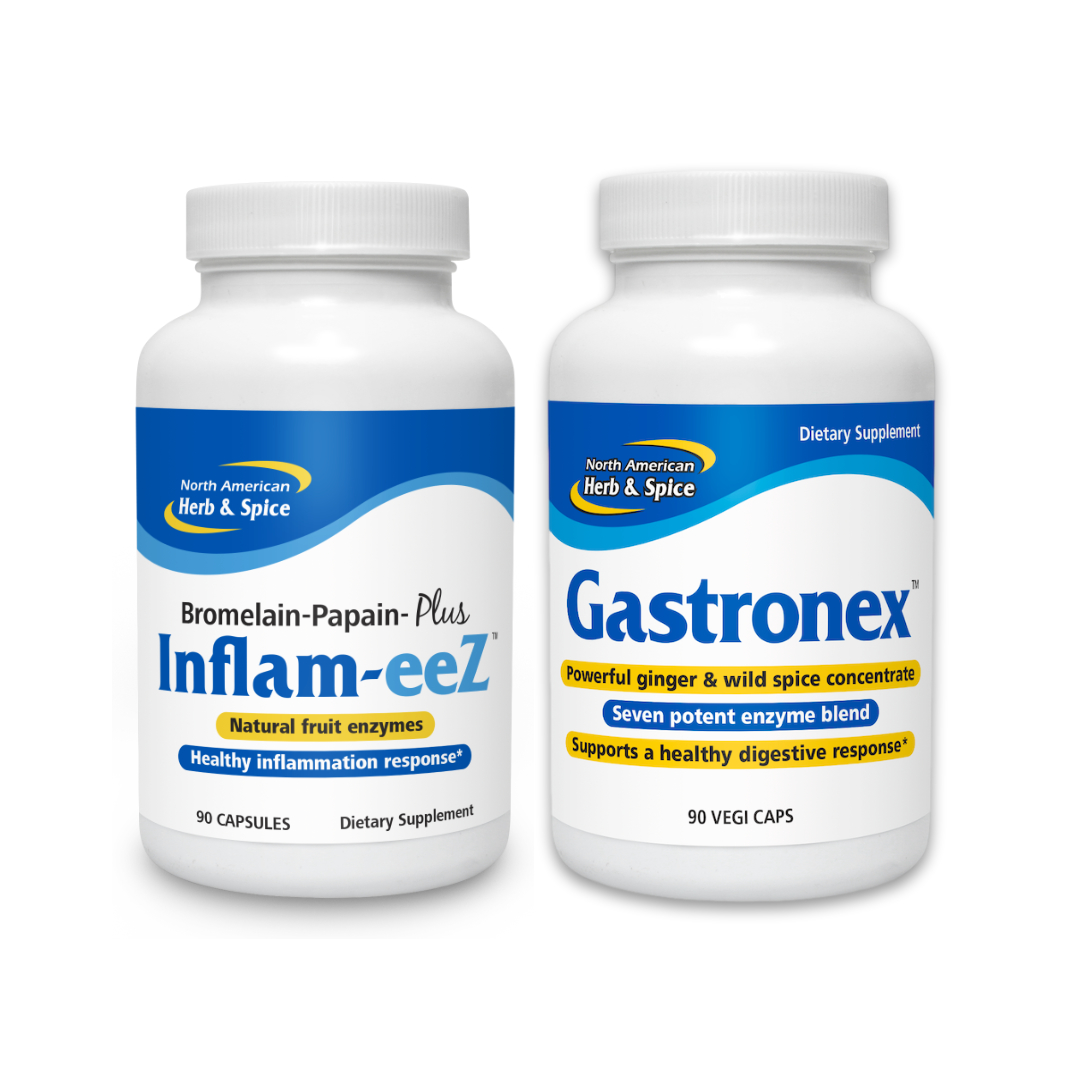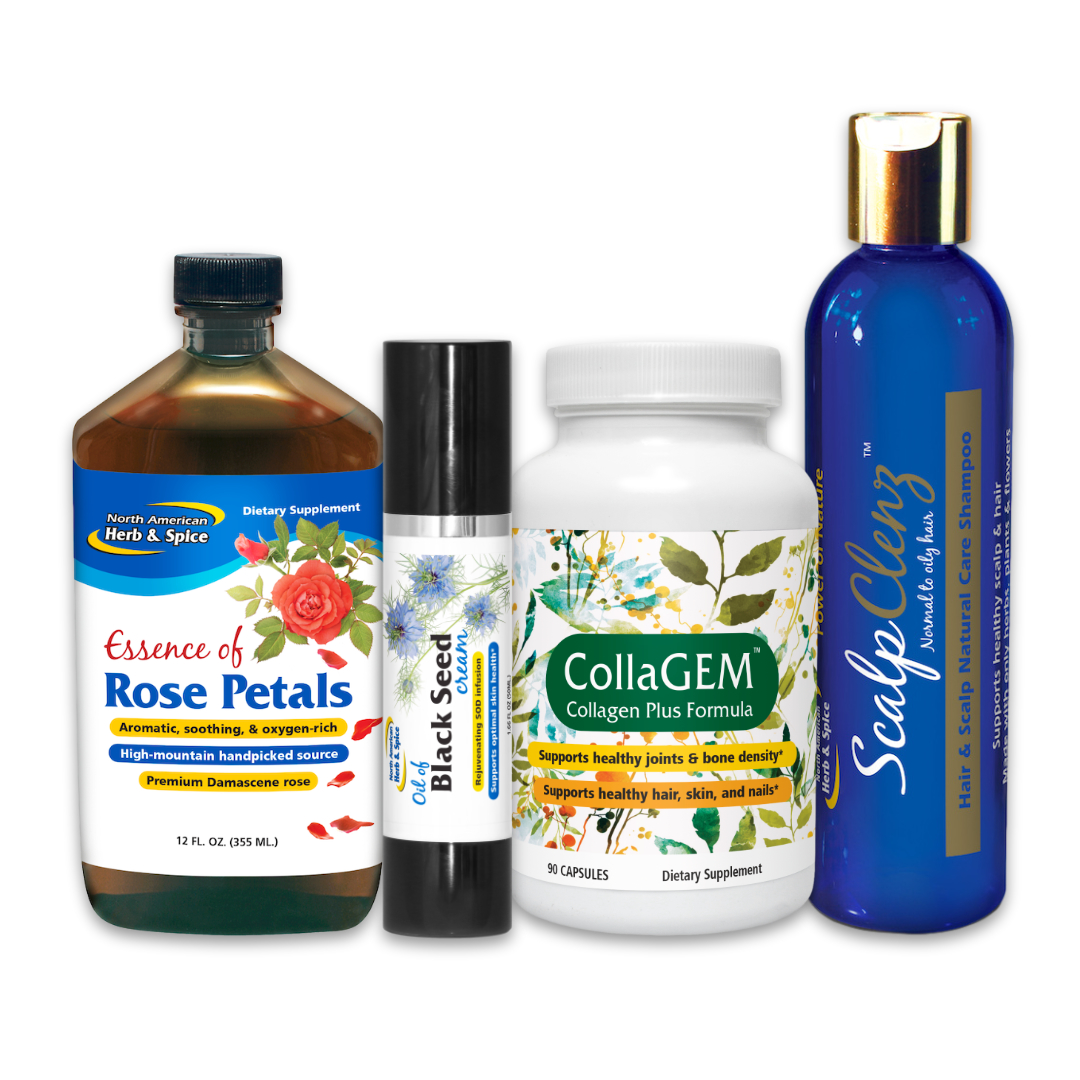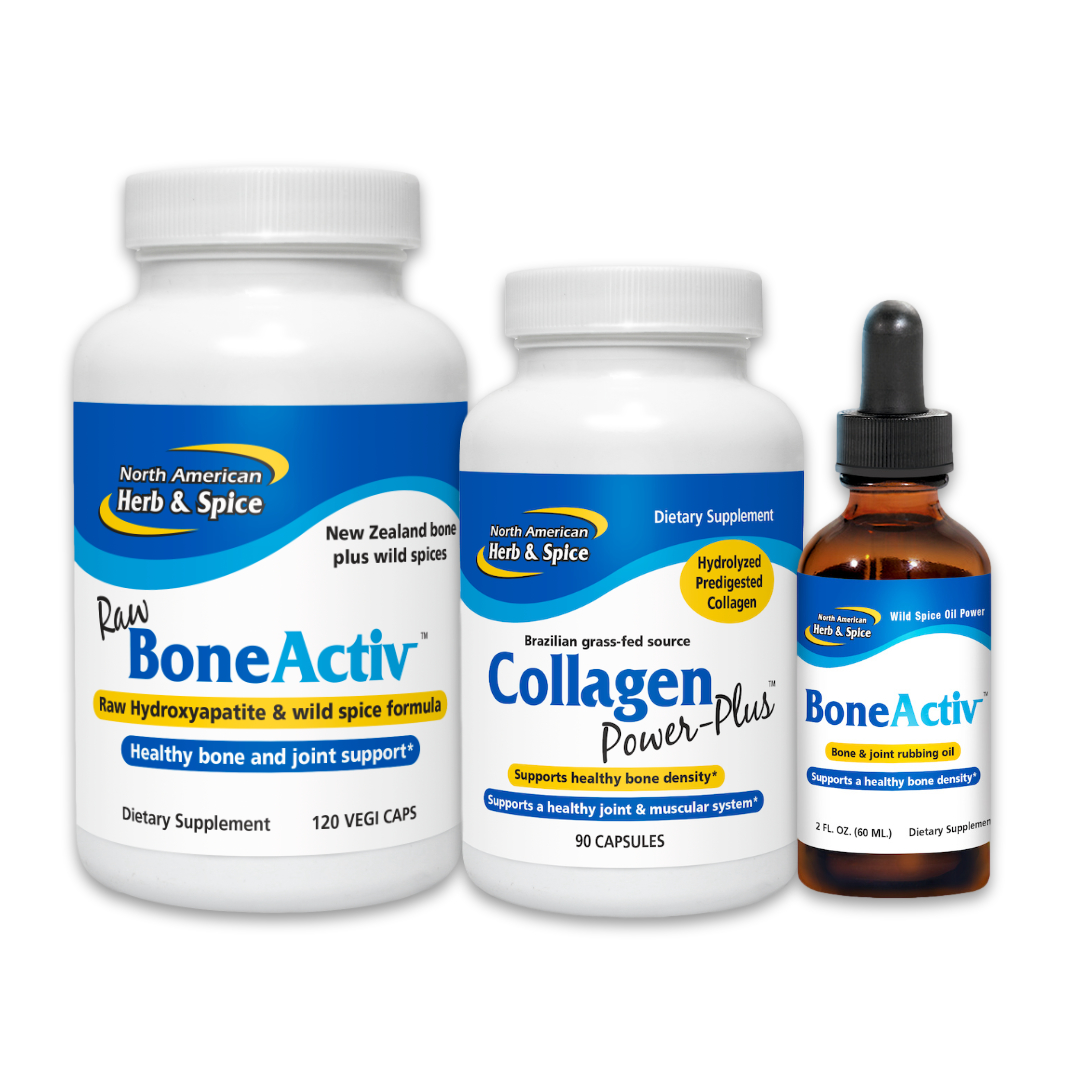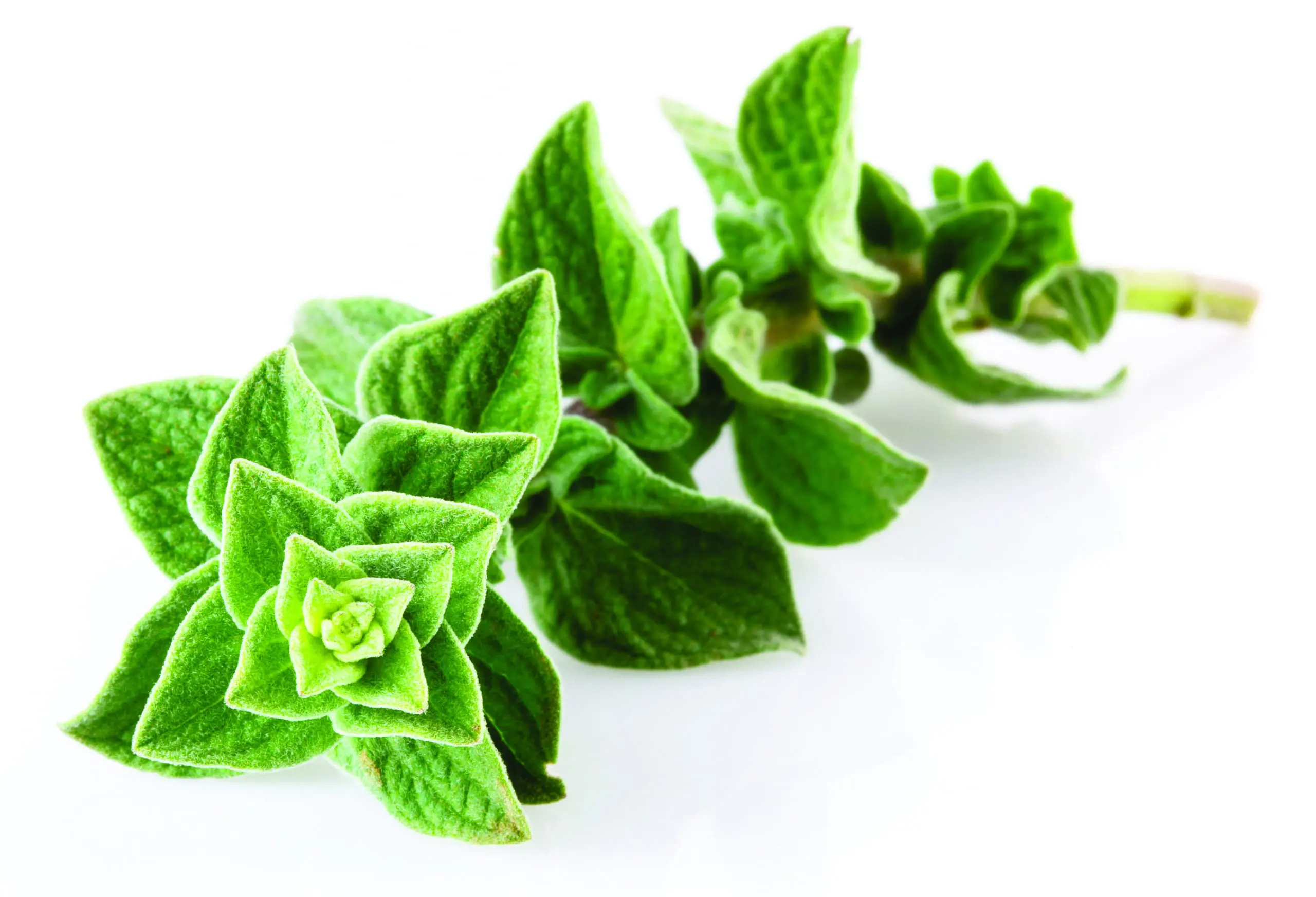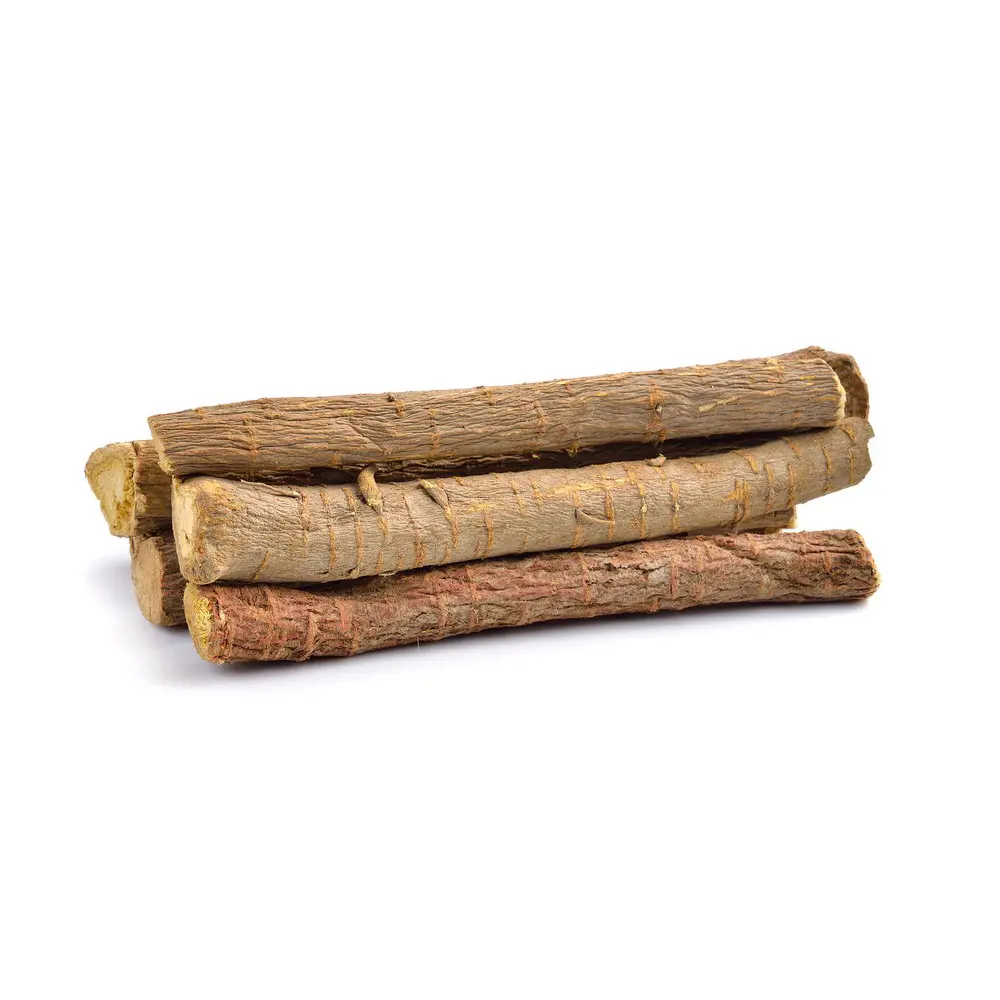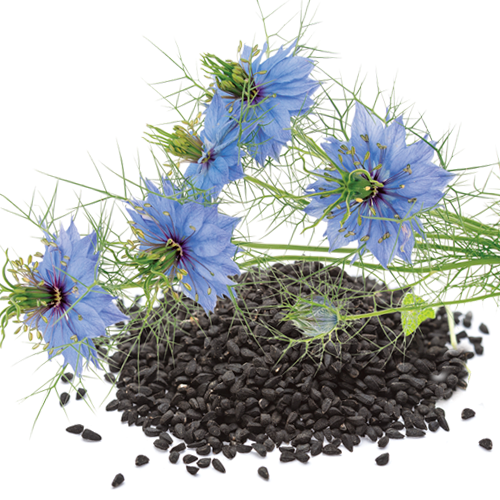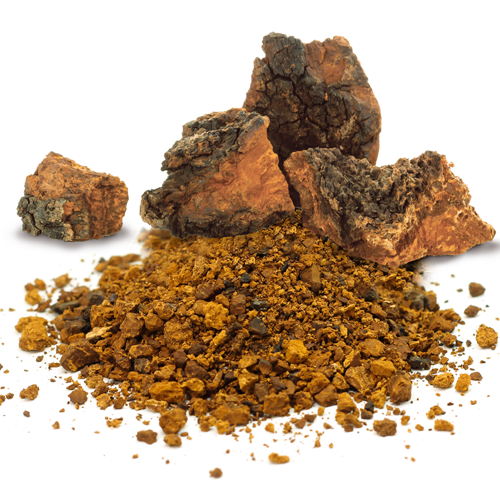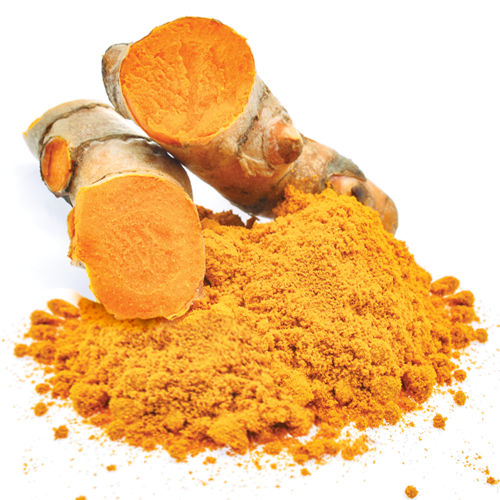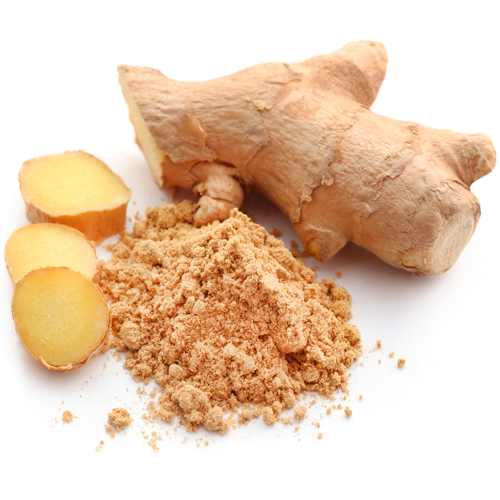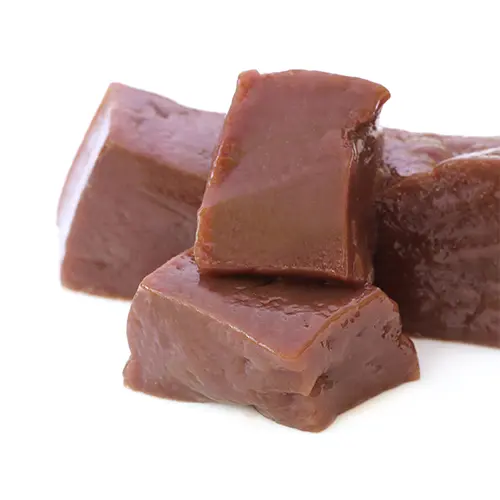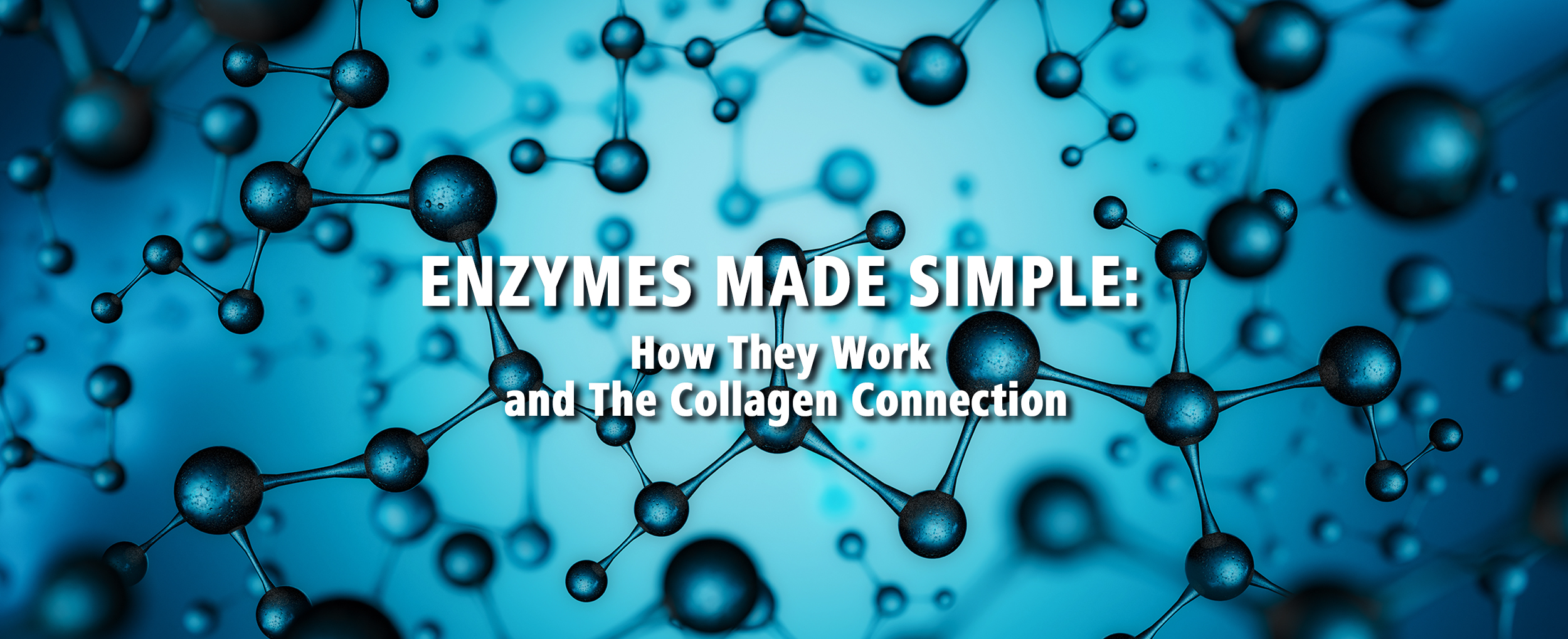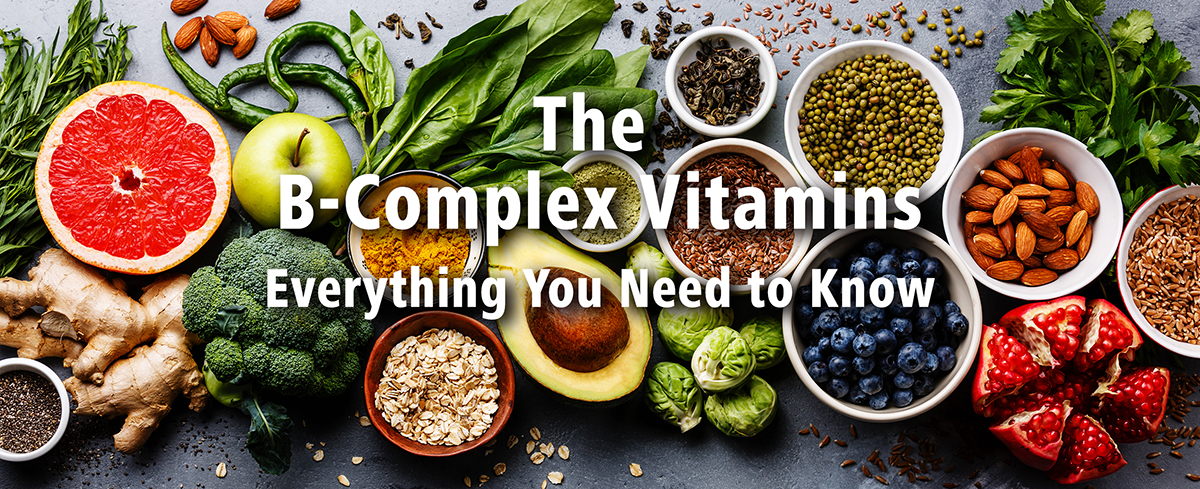If you’re dragging through the afternoon or lying awake at night while your brain replays tomorrow’s to‑do list… hey, you’re not alone. The clock change, thinner daylight, and holiday pressure all land at once. That perfect storm can nudge our body clocks out of sync, disrupt sleep, and amplify stress and mood swings.
What if the next few months could feel calmer, brighter, and more in sync without overhauling your life?
Below you’ll find a friendly, practical plan: why this season feels hard, what you can change this week, and how gentle, time‑tested herbs and nutrients like ashwagandha, hops, chamomile, magnesium, L‑theanine, oregano oil, and vitamin C can support relaxation, sleep quality, and seasonal resilience.

Why This Time of Year Feels Harder
Clock changes disrupt circadian rhythm
Even the “fall back” one‑hour shift can unsettle your sleep timing. Light is the master cue for your internal clock. More darkness in the morning and more light at night can delay sleep, fragment it, and leave you groggy. Practical takeaway: treat morning light like medicine.
Less daylight can dampen mood and energy
Short days mean fewer bright‑light minutes. For many of us, that lowers mood and motivation. Your rhythm feels off because it is. When the sun goes down much earlier, your brain starts to make melatonin sooner. At the same time, increasing “artificial light at night” is linked to worse sleep and lower mood in some populations. This can cause a groggy, foggy sensation that lasts for months.
Holiday stress stacks the deck
Social commitments, travel, and year‑end deadlines crowd evenings, pushing bedtime later, which ultimately decreases sleep duration and quality. Workplace demand is typically higher in the Fall and Winter seasons. Many drink caffeinated beverages just to stay awake and alert. Drinking them too late in the afternoon and evening also interferes with sound sleep. Setting boundaries, establishing a simple wind‑down routine, and having low‑light evenings help.
The Minimum‑Effort Reset (this week)
- Chase morning light: 10–30 minutes of outdoor light within an hour of waking (even on cloudy days). Pair it with a short walk.
- Dim and wind down: Two hours before bed, reduce overheads/screens or use warmer lighting.
- Protect your first sleep cycle: Guard the first 90 minutes after lights out—no notifications, turn off wifi, and keep the room cool, dark, and quiet for a more complete rest.
- Keep evenings lighter on food & tasks: Aim for the “heaviest lifts” earlier in the day; let nights be for maintenance, not marathons.
*If you only changed one habit, make it morning light. It’s the easiest lever with the biggest downstream payoff.
Gentle Allies for Sleep, Stress, and Seasonal Resilience
Ashwagandha (Withania somnifera) — Calm under pressure
Extracts of ashwagandha root have been studied for their ability to support stress management, calm feelings, and healthy cortisol responses. Meta‑analyses in adults report reductions in perceived stress and feelings of anxiousness compared with placebo. Practical use: commonly taken in divided doses earlier in the day or late afternoon to steady the stress curve. 8 weeks for best effects.
Hops (Humulus lupulus) — Unwind for bedtime
Traditionally used as a bedtime botanical, hops often appears in evening teas or formulas. Many people find that hops helps encourage relaxation and a readiness for sleep, especially alongside other calming herbs. Consider as part of a wind‑down routine 60-90 minutes before bed.
Chamomile (Matricaria chamomilla) — Soothing the gut and brain
Chamomile is widely used to promote relaxation of the muscles, gut, and nervous system, which supports overall sleep quality. Controlled trials in specific groups (for example, older adults and postpartum women) suggest improvements in sleep quality and mood markers versus placebo. An evening chamomile tea can double as a calming ritual that tells your nervous system, “We’re done for the day.”
Magnesium — Steadying mineral
Magnesium participates in several hundred vital processes of the body and is often used to support healthy sleep quality, shorten time to fall asleep, and maintain a calm mood, according to several studies. Multiple trials in people who reported poor sleep suggest benefits for sleep quality tied with increased daily and nightly magnesium intake. Forms like magnesium glycinate, threonate, and taurate are higher in quality and absorption. Many of our customers prefer evening intake to achieve the sleep-assisting benefit.
L‑Theanine — Relaxed focus, sleep‑deprivation support
L‑theanine is an amino acid naturally found in tea leaves. It’s known for promoting relaxation without drowsiness and helping with stress‑related tension. In recent controlled human studies, adults who were acutely sleep‑deprived showed better attention and faster reaction‑time performance after taking L‑theanine alone or in combination with caffeine. These studies also measured brainwave markers of attention, suggesting that L‑theanine may help the brain stay composed under sleep pressure. A 2025 systematic review and meta‑analysis also reports overall sleep‑supportive effects of L‑theanine on subjective sleep quality across different age groups. Many people take 100–200 mg in the late afternoon or early evening to ease that “mental buzz” that otherwise collides with bedtime.
Note: If you’re going to use caffeine, we recommend organic black coffee a couple of hours after waking.
Oregano oil — Immune System Ally
Wild oregano oil and its key constituent carvacrol have been investigated for antioxidant properties and general immune support in preclinical and translational research. While specific human sleep data is limited, many people lean on oregano oil during high‑exposure seasons to support overall wellness, especially for the throat and airways. It’s potent and it works! Due to its unusually high antioxidant content, oregano oil is ideal to support the negative effects of ALL types of oxidative stress.
Vitamin C — Resilience when it counts
Vitamin C supports immune function and helps defend against oxidative stress! Do you know where the highest levels of vitamin C in the body are found? Your adrenal glands! Hopefully, you have ample amounts there because the adrenals are your #1 coping mechanism to push back on stress. Large evidence reviews and meta‑analyses have also reported that routine vitamin C intake can shorten the duration of common cold symptoms. That matters in the darker, high‑stress months when getting knocked out for days can make everything else feel worse. Daily intake from nutrient‑dense foods and/or supplements is common. Just make sure it’s coming from living foods!

How to stack these supports—simply
Goal: steady daytime energy, smoother evenings, and deeper sleeping nights.
Morning (set the clock): Outdoor light + light movement. Hydration: prioritize protein + produce at breakfast. Take your vitamin C early so it can start working for you right away, all day.
Afternoon (protect the landing): Limit late caffeine; take a brief “sun break” if possible. If you tend to run tense or overstimulated, L‑theanine can help you arrive at evening less wired.
Evening (downshift): Screens and overheads dimmed; warm, low light. Choose a calming ritual: chamomile tea, a formula containing hops and/or magnesium glycinate, gentle stretches, and slower deep breathing.
Seasonal wellness window: Many people add vitamin C daily and keep wild oregano oil on hand during high‑exposure periods. Always follow product directions and practitioner guidance.
Stress backbone (daily): Ashwagandha in the morning and early afternoon can help smooth the stress curve over weeks; pair it with a consistent sleep‑wake schedule and use 8 weeks for best results.

Troubleshooting the Tricky Stuff
- You fall asleep, then wake at 2–3 a.m.: Try an earlier, lighter dinner; close the laptop sooner; and consider a magnesium glycinate routine. Keep a notepad by the bed to “offload” thoughts.
- You’re wired at bedtime: Move your last caffeine to before noon for a week; try L‑theanine in late afternoon; dim lights 2 hours pre‑bed.
- Mood dips on dark days: Prioritize morning light exposure (even on overcast days), brief movement snacks, and social connections. Make sure your Magnesium, Zinc, Iron, Copper, vitamin B complex, C, and D levels are not running low.
Quick reference (what each one helps with)
- Ashwagandha: supports stress management and a calm, healthy cortisol response.
- Hops: traditional bedtime botanical to encourage relaxation.
- Chamomile: promotes relaxation and sleep quality; soothing nightly ritual.
- Magnesium (e.g., glycinate / threonate / taurate): supports sleep quality and calm mood.
- L‑theanine: promotes relaxation without drowsiness; new human data show attention benefits after sleep loss; may support overall sleep quality with consistent use.
- Oregano oil: seasonal immune, supports a healthy anti-inflammatory response, and antioxidant levels.
- Vitamin C: immune, adrenals, blood vessels, heart, and oxidative stress support. Always use real and raw sources..
Featured NAHS Products
PurelyMin 3X Magnesium Complex with L‑Theanine: A comprehensive magnesium blend (threonate, glycinate, taurate) plus L‑theanine to support evening calm and quality sleep—melatonin‑free. Use in the evening as part of your wind‑down routine. Always follow label directions and consult your practitioner as needed. Shop PurelyMin
Herbal‑zzZs (Chamomile • Ashwagandha • Hops): A melatonin‑free bedtime formula featuring three gentle botanicals traditionally used to promote relaxation and support healthy sleep patterns. A good fit for people seeking a non‑groggy wind‑down option. Shop Herbal‑zzZs
Oreganol P73® Oil (Daily Use): The original wild, mountain‑grown oregano oil—steam‑distilled and full‑spectrum. Used seasonally by many to support overall wellness and a healthy internal environment during high‑exposure months. Topical use is excellent for warming, soothing, and beautifying the skin. Shop Oreganol P73
Oreganol P73® Gelcaps (Daily Use): Vegan‑friendly gelcaps with the same wild P73 oregano profile—an easy, tasteless, travel‑friendly format to support your seasonal wellness routine. Use as directed on the label. Shop Oreganol P73 Gelcaps
Purely‑C (Whole‑Food Vitamin C Complex): Whole‑food vitamin C from raw fruits (like acerola, rose hips, and camu camu) helps support immune function and antioxidant defenses, especially during the darker months. Shop Purely‑C
Study References
Bulman A, et al. The effects of L‑theanine consumption on sleep outcomes: a systematic review and meta‑analysis. Sleep Medicine Reviews. 2025. View study
Nawarathna GS, et al. High‑dose L‑theanine + caffeine improved selective attention and reaction time in acutely sleep‑deprived adults, with faster P3b ERP responses. British Journal of Nutrition. 2025. PubMed / Full text
Moulin M, et al. Safety and efficacy of AlphaWave L‑theanine on stress, perceived sleep quality, and cognitive attention in moderately stressed adults: randomized, double‑blind, placebo‑controlled. Nutrients. 2024. Full text (PMC) / PubMed
Lim SE, et al. Dietary supplementation with Lactium and L‑theanine (LTC‑022) alleviates sleep disturbance in adults: a double‑blind, randomized, placebo‑controlled clinical study. Frontiers in Nutrition. 2024. Full text (PMC) / PubMed
Huang X, et al. L‑Theanine improves learning and memory through attenuation of NOX4‑mediated ferroptosis in hippocampal neurons of sleep‑deprived mice. Phytotherapy Research. 2025;39(9):3952‑3965. doi:10.1002/ptr.70048. PubMed
Hemilä H, Chalker E. Vitamin C and common cold duration: overview of randomized controlled trials and meta‑analyses; Cochrane‑style evidence summary. Example summary link
Ashwagandha has been studied for its ability to support stress resilience, balanced mood, and healthy cortisol levels in adults under stress: Study
Chamomile has been clinically studied for promoting relaxation, supporting sleep quality, and easing emotional tension in demanding life stages. Study
Magnesium (including well-tolerated forms like Glycinate) has been clinically studied for supporting sleep quality and easing nighttime restlessness in adults with occasional poor sleep. Study
Wild oregano oil is rich in naturally occurring compounds with strong antioxidant and beneficial immune system activity, which many people lean on for year-round wellness and respiratory comfort. Study
*The information above is for educational purposes about general wellness. These botanicals and nutrients are not intended to diagnose, treat, cure, or prevent any disease. If you have ongoing sleep or mood concerns or take prescription medications, please consult your healthcare professional.
Explore our trending products:
-
Herbal-zzZs – Melatonin-Free Sleep Support
$31.99 — or Original price was: $31.99.$27.19Current price is: $27.19. / month Add to cart -
Black Seed-Plus Capsules
$29.99 — or Original price was: $29.99.$25.49Current price is: $25.49. / month Select options This product has multiple variants. The options may be chosen on the product page -
Purely-C Whole Food Vitamin C Complex
$37.99 — or Original price was: $37.99.$32.29Current price is: $32.29. / month Select options This product has multiple variants. The options may be chosen on the product page -
PurelyMin Magnesium Complex
$39.99 — or Original price was: $39.99.$37.99Current price is: $37.99. / month Add to cart

